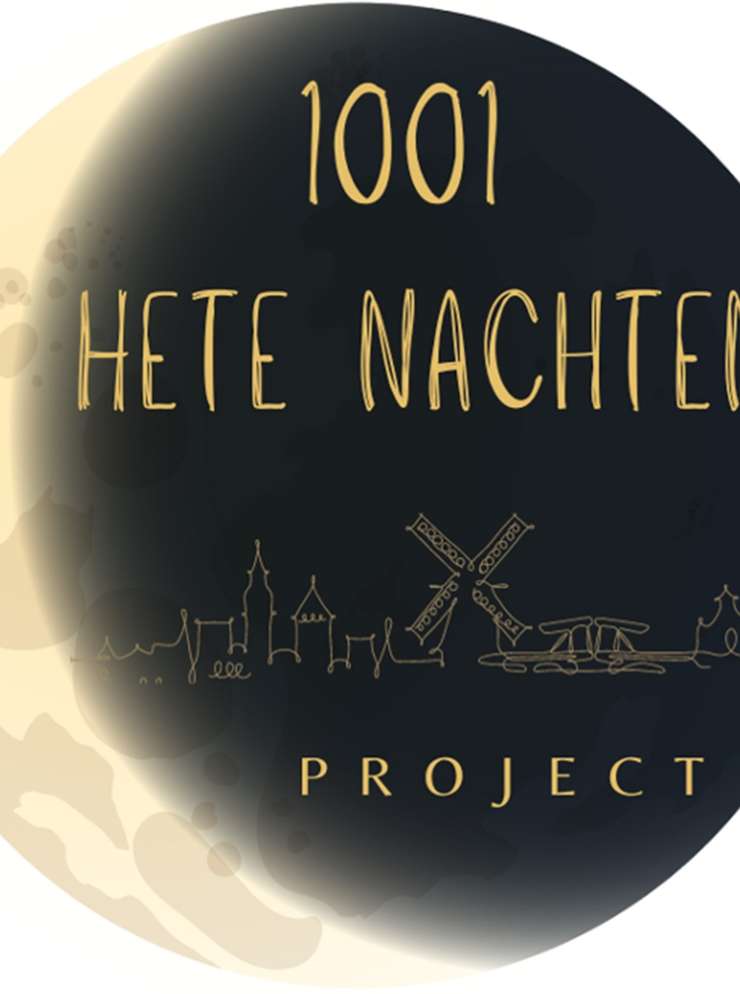Projects
View all projects from the Amsterdam University of Applied Sciences.
1001 Hot Nights
-Due to climate change, we are experiencing more frequent and prolonged heat. Prolonged heat causes buildings and homes to heat up, preventing residents from cooling down...

LIEV: smart charging on a grand scale
-While we can certainly say that EVs are here to stay, there is no denying that they exacerbate grid stress. With the LIEV project, AUAS is helping municipalities and grid...
DigiFABs
-DigiFABS aims to promote digital, resilience, and innovation skills to optimize the management of digital transformation in small and medium-sized businesses in the F&B p...

Cool Cities: a blueprint for urban heat resiliency
-Due to climate change, European cities are experiencing higher temperatures more often and for longer periods of time. This puts people at greater risk of heat stress: th...

Knowledge-driven decision-making - from crime scene to courtroom
-How can we improve decision-making in forensic investigations, making it more knowledge-driven, harmonised and transparent? That's what Professional Doctorate candidate P...

Forensic traces of individual variation
-Wherever people go, they leave biological traces of their presence, traces that offer forensic investigators a wealth of information. Some people, however, seem to consis...

Modelling Dynamic Lifecycle Impacts of Circular Procurement in Healthcare (MODLI)
-The COVID-19 pandemic highlighted the vulnerability in supply networks in the healthcare sector and the tremendous waste problem and ecological impact of disposable healt...

The Image project
-In general, European urban peripheries have not had a positive reputation over the last decades. In contraposition with the liveliness of urban city centres, peripheral a...

MoLo Hubs: the added value of logistics at mobility hubs
-Currently, 70% of the EU population lives in urban areas. By 2050, this is set to increase to 83%, with demand for mobility services, logistics processes and urban commer...

WOODCIRCLES: innovative circular solutions for the construction sector
-The construction sector is responsible for over 35% of the EU’s total waste generation, and accounts for about 50% of all extracted resources and an estimated at 5-12% of...

BASSTA Plus: helping urban households sort waste
-Proper sorting of waste flows creates opportunities for recycling and other circular applications. Yet a lot of food scraps still end up in the plastic waste bins and vic...

Creating actionable futures (CrAFt)
-Hoe kun je Europese steden op korte termijn klimaatneutraal, mooi en inclusief maken? En welke lokale samenwerkingsmodellen kunnen hierbij helpen? Aan deze vragen gaan dr...

CureQ: researching hereditary brain disorders
-Hereditary brain disorders often do not become apparent until middle age, when they drastically impact the lives of the patient and their family. The Amsterdam University...

No Trace to Waste: working on more effective trace evidence
-When a crime has been committed, traces of DNA and fingerprints often remain at the crime scene. The process of seeking, detecting, selecting and securing such trace evid...

ENHANCER
-Europe faces an increasing number of societal challenges such as migration, inequality, and climate change. Social entrepreneurship (SE) is viewed as an essential and val...

Circular Wood 4.0: upscaling circular wood applications for hospitality
-On average, a hospitality business renovates its entire interior every seven years, which constitutes an very high turnover and intense use of new materials for furnishin...
